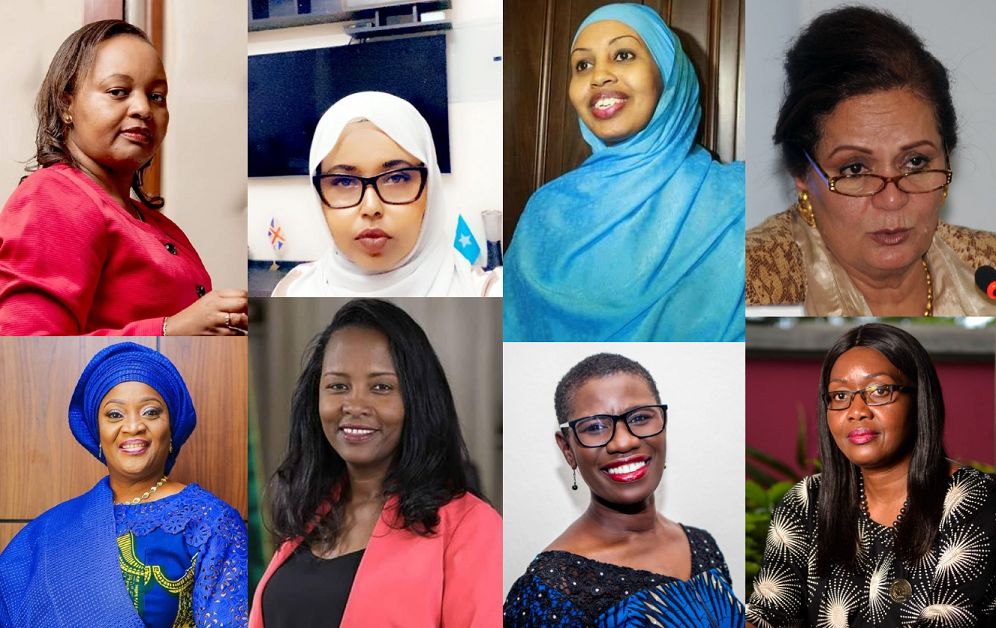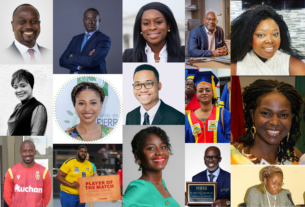The exercise of political power and the management of a nation’s affairs are still largely the prerogative of men on the African continent. Nevertheless, some significant progress has been made in recent years with the accession of women to the highest level of a nation, a government or a municipality.
Today, Africa has two women presidents of the Republic, 5 women vice-presidents, 4 women prime ministers as well as several women mayors of different capitals of African countries. Overview and portraits of 30 women who lead countries and cities in Africa.
Sahle-Work Zewde, 71, President of Ethiopia
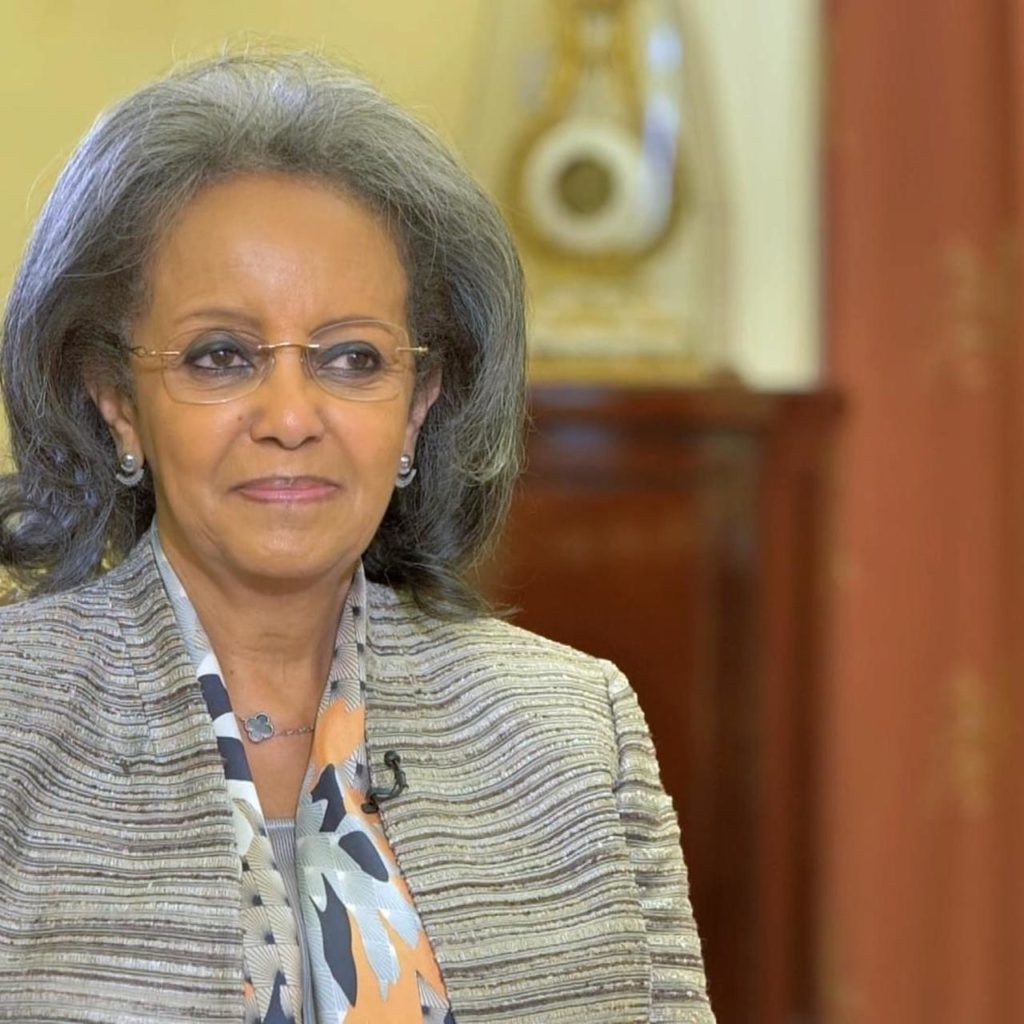
She was unanimously nominated on Thursday, October 25, 2018 by the Ethiopian parliament as the fourth president of Ethiopia since the adoption of the 1995 Constitution. She is the first woman in the country’s modern history to be president and the second woman in Ethiopian history to lead the country, after Empress Zewditou, who led Ethiopia from 1916 to 1930.
Samia Suluhu, 61, President of Tanzania
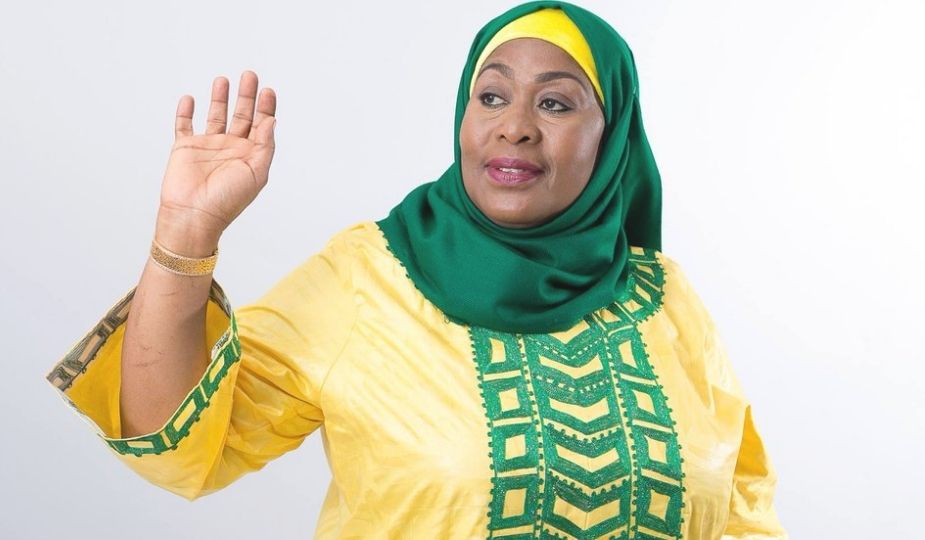
She was sworn in on Friday, March 19, 2021, becoming Tanzania’s first female president. She succeeded former President John Magufuli, who passed away on March 17, 2021, and for whom she had served as vice president since 2015. Samia Suluju was also the first female vice president in Tanzania. She was a member of parliament from 2010 to 2015, before being appointed Minister of State.
Isatou Touray, 65, vice president of The Gambia
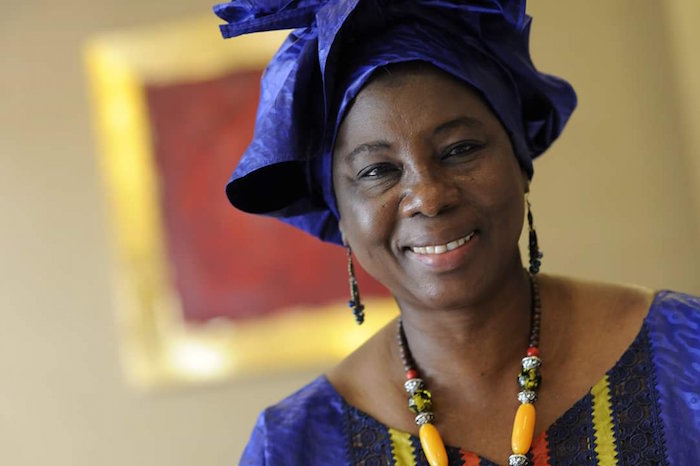
She has held this position since Friday, March 15, 2019. Previously, she was the minister of health. Isatou Touray is also the third female vice president in The Gambia, after Isatou Njie-Saidy (1997 to 2017), the first woman in this position and also Fatoumata Tambajang (2017-2018).
Mutale Nalumango, 66, Zambia
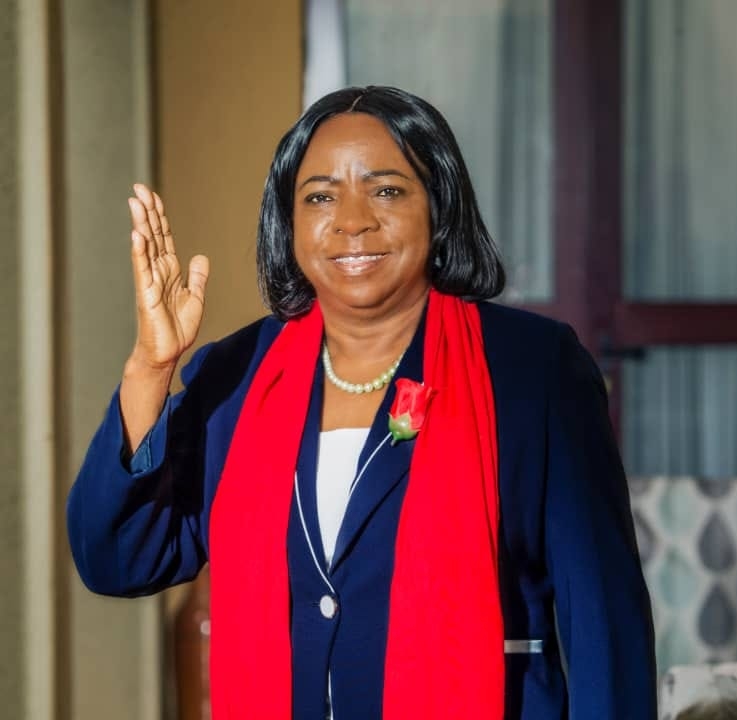
Mutale Nalumango was elected Vice President of Zambia in 2021, alongside President Hakainde Hichilema. Previously, she was also the first woman to be elected Deputy Speaker of the National Assembly of Zambia.
Jewel Howard-Taylor, 58, Vice President of Liberia
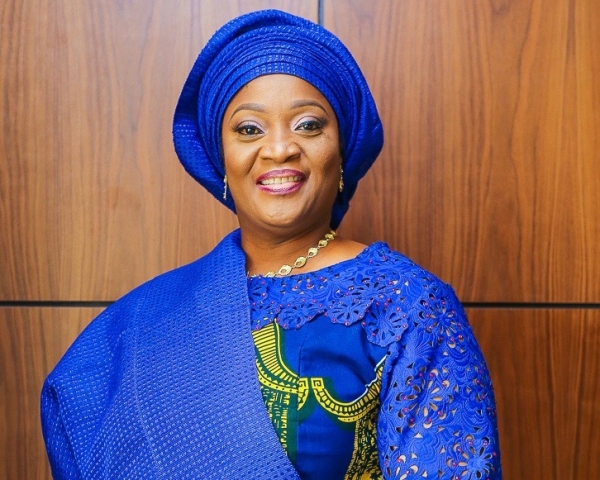
Jewel Howard-Taylor is also the first woman elected Vice President in Liberia and has held the position since January 2018. From 1997 to 2003, Jewel Howard-Taylor served as Liberia’s First Lady, alongside her former husband, Charles Taylor, and then as a senator from 2006 to 2018.
Mariam Chabi Talata, 58, Benin
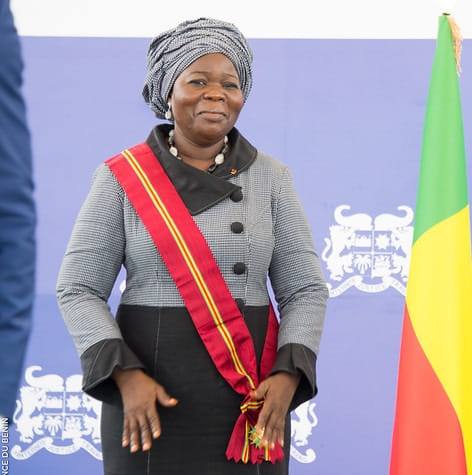
Mariam Chabi Talata was elected Vice President of Benin since May 23, 2021 after her election alongside President Patrice Talon, whose running mate she was during the Beninese presidential election of 2021.
Jessica Alupo, 47, Uganda
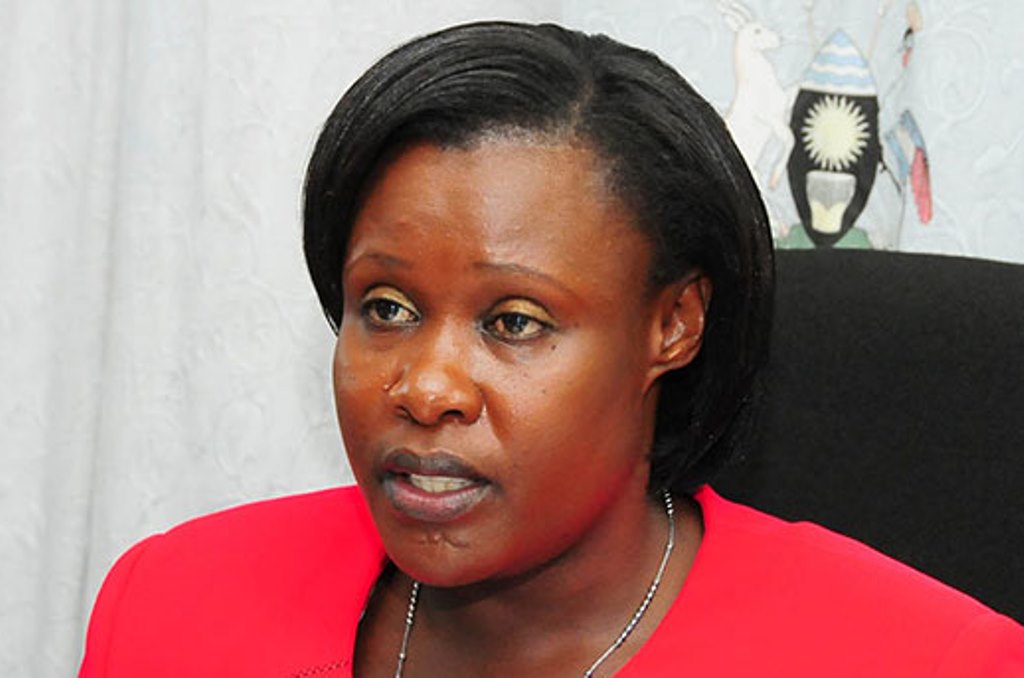
Jessica Alupo, is the current Vice President of Uganda since 2021. Long before that, she served as minister of education between 2011 and 2016.
Saara Kuugongelwa-Amadhila, 53, Prime Minister of Namibia
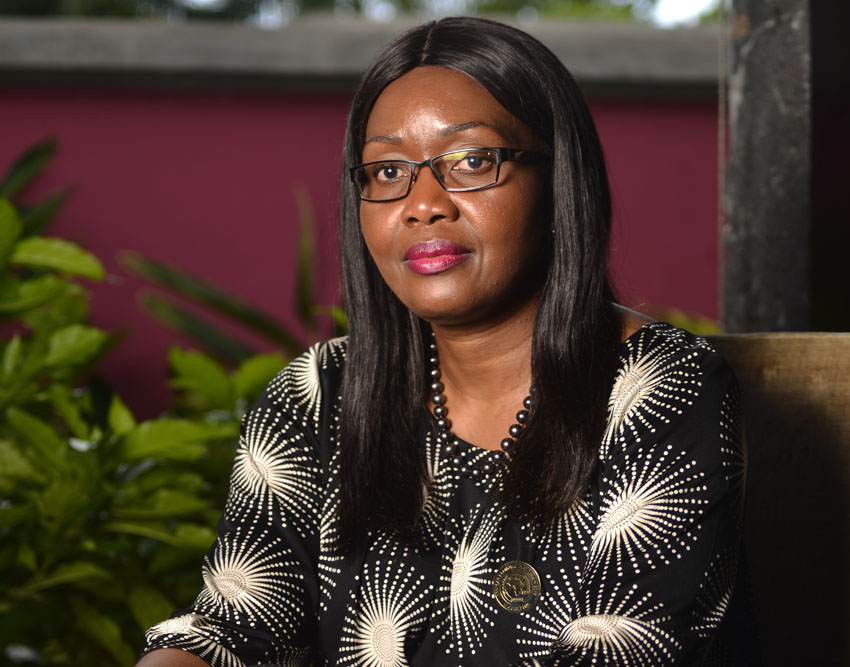
She is the first female head of government in Namibia, a position she has held since March 21, 2015. She is also the fourth person to hold this position in this country, which has been independent since 1990. In 1995, at the age of 27, Saara Kuugongelwa-Amadhila was appointed director of the powerful national planning commission, which she headed for eight years until 2003, before being appointed, at the age of 36, as minister of finance, a position she held for 12 years (2003-2015), before becoming prime minister. She is a member of the very popular South West African People’s Organisation (SWAPO) political party, which dominates political life in Namibia.
Victoire Tomegah-Dogbé, 61, Prime Minister of Togo
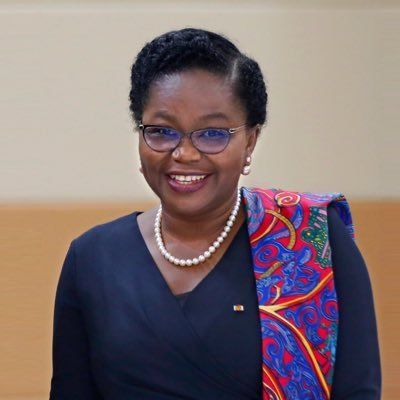
Appointed to this position on September 28, 2020, she is the first woman to be Prime Minister of Togo. Prior to her appointment, Victoire Tomegah-Dogbé was Minister of Grassroots Development, Handicrafts, Youth and Youth Employment and Chief of Staff to Togo’s President Faure Essozimna Gnassingbé, a position she held since 2009.
Rose Christiane Ossouka Raponda, 57, Prime Minister of Gabon
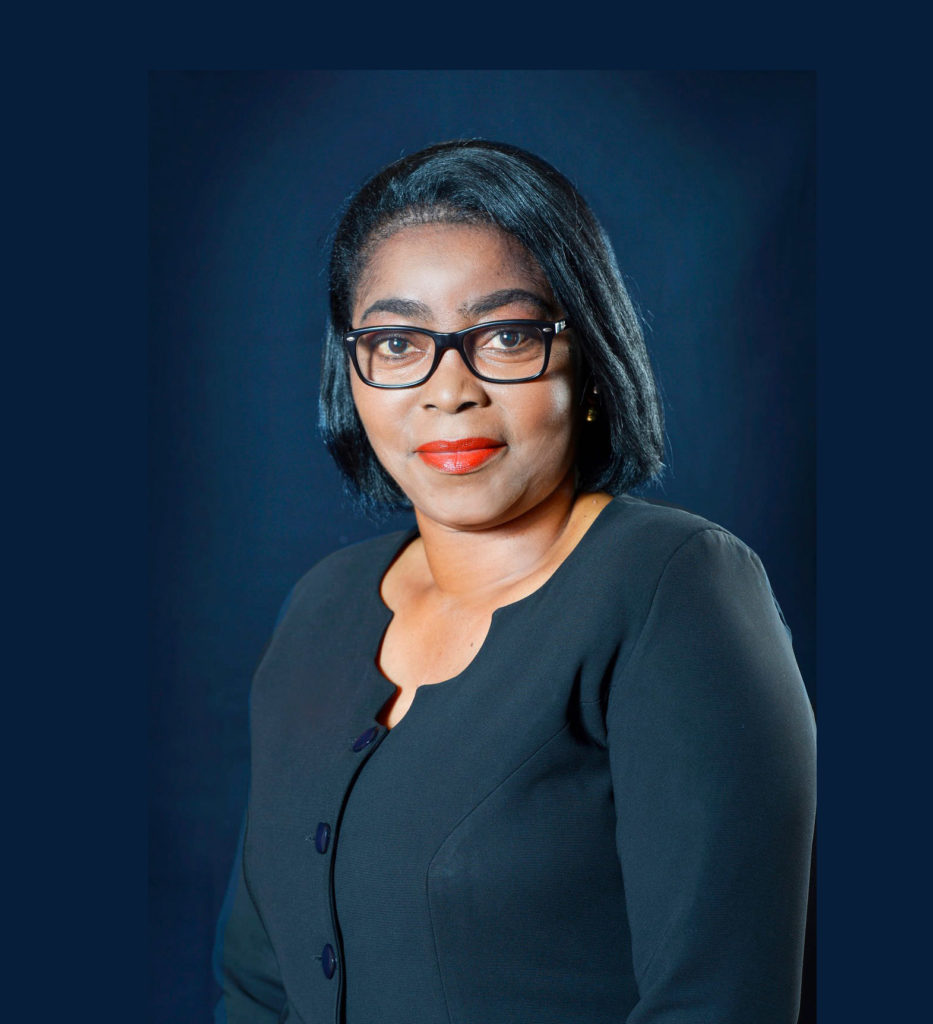
She was appointed Prime Minister of Gabon in July 2020. Prior to her appointment, Rose Christiane Ossouka Raponda was Minister of National Defense and Homeland Security. On February 7, 2014, she became the first woman elected mayor of Libreville, on behalf of the Gabonese Democratic Party (PDG). Long before, she was Minister of Budget, Public Accounts and Civil Service in the government led by former Gabonese Prime Minister Raymond Ndong Sima.
Robinah Nabbanja, 52, Uganda’s first female Prime Minister
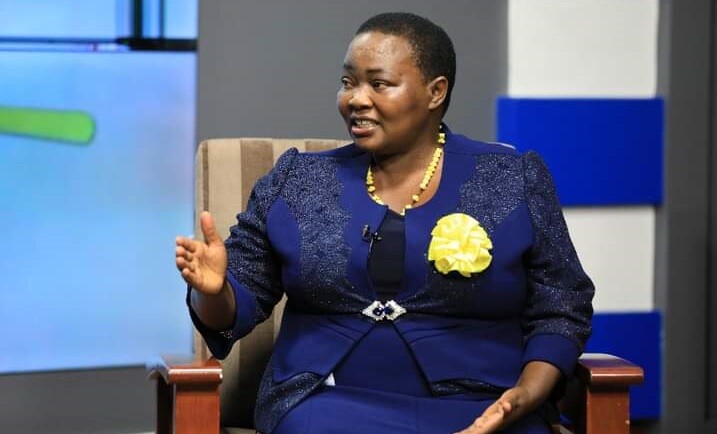
Robinah Nabbanja has become Prime Minister of Uganda, having been appointed to the position on June 8, 2021. She was officially confirmed by Parliament on June 21, 2021, becoming Uganda’s first female Prime Minister.
Soham El Wardini, 68, Mayor of Dakar, Senegal
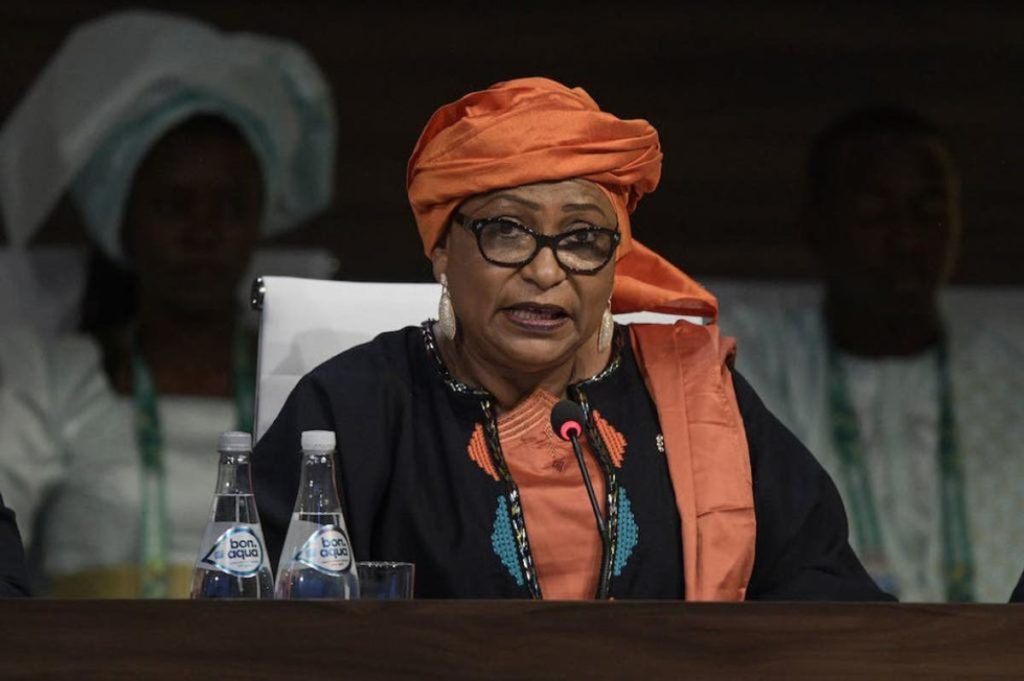
In office since September 29, 2018, she is the first woman elected mayor of Dakar, a city with a population of just over one million. Prior to her election, she was, since 2014, first deputy of the former mayor of Dakar, Khalifa Ababacar Sall, who was incarcerated in March 2017. Soham El Wardini initially served as interim mayor, before being elected on Saturday, September 29, 2018, by 64 votes against 13 for Moussa Sy and 11 for Banda Diop, her two opponents, also members of the Taxawu Dakar coalition, founded by Khalifa Sall and dissident of the Senegalese Socialist Party.
Yvonne Aki-Sawyerr, 53, Mayor of Freetown, Sierra Leone
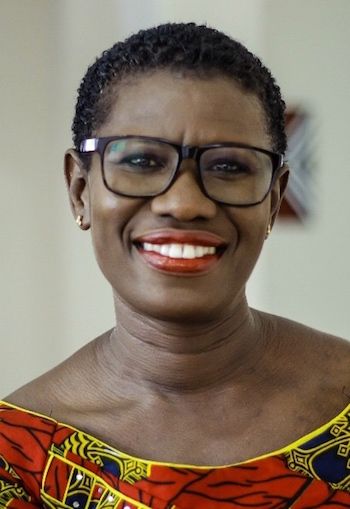
Yvonne Aki-Sawyerr, a member of the Order of the British Empire (OBE), became mayor of Freetown in May 2018 and has dedicated herself to an inclusive vision for the renewal of this city of more than one million people. Her three-year “Transforming Freetown” plan details 19 concrete goals across 11 sectors and covers issues ranging from addressing environmental degradation to facilitating job creation in the tourism sector.
Yvonne Aki-Sawyerr campaigned against the “blood diamond” trade during the civil war in Sierra Leone and co-founded SLWT, an organization that has been supporting disadvantaged children for 20 years. A finance professional with over 25 years of private sector experience in strategic planning and management, her involvement in the public sector began during the 2014 Ebola outbreak. On that occasion, she led the second phase of a multi-stakeholder program to boost Sierra Leone’s socio-economic recovery. She was awarded a gold medal by the President and an OBE by the Queen of England for her service.
Souad Abderrahim, 56, Mayor of Tunis, Tunisia
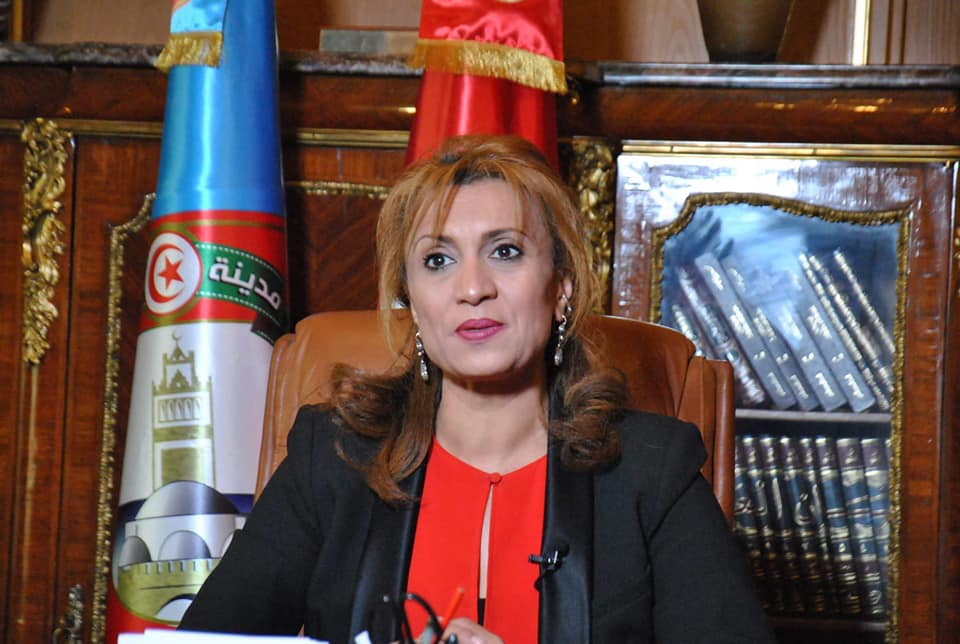
Elected on July 3, 2018, Souad Abderrahim is the first female mayor of Tunis, the most populous city and capital of Tunisia, with a population of nearly 2.5 million. As mayor of Tunis, she chairs the National Federation of Tunisian Cities, a national association that brings together Tunisian municipalities, created in 1973 to support the municipal sector and defend the interests of municipalities and represent them in public authorities in national and international bodies. A graduate of the Faculty of Pharmacy at the University of Monastir, Tunisia, Souad Abderrahim has worked in the private sector. While a student, she became involved in activism and was victimized for her stance against the former dictatorship. After the 2011 revolution, she was elected to the National Constituent Assembly on October 23, 2011, representing the constituency of Tunis 2 where she is head of the list of the party Ennahdha. She chaired the parliamentary committee on human rights and freedoms. In 2017, she joined the political bureau of Ennahdha, before being elected mayor of Tunis in 2018.
Souad Abderrahim was awarded the insignia of Knight of the Tunisian Order of Merit in 2014.
Jassira Monteiro, only woman mayor in Cabo Verde
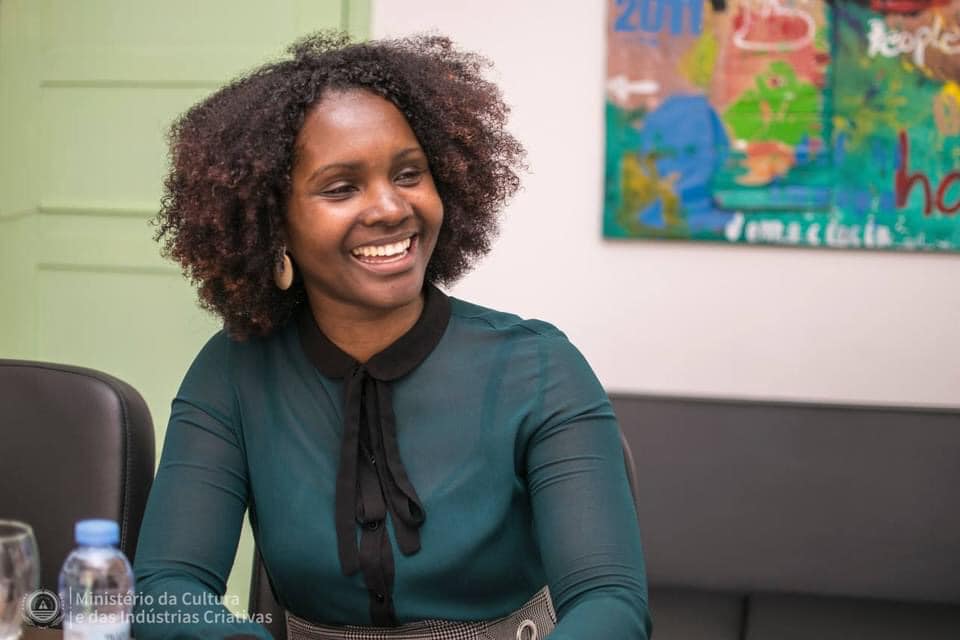
Since December 2020, she is Mayor of Santa Catarina de Santiago, a municipality of Cape Verde, located in the center-west of the island of Santiago, in the islands of Sotavento. Jassira Monteiro is currently the only woman at the head of a municipality in Cabo Verde, having replaced Beto Alves, who died on Thursday, December 24, 2020. Before that, Jessira Monteiro was a councillor in charge of Culture, Gender, Communication and Image.
Ana Paula Chantre Luna de Carvalho, Governor of Luanda, Angola
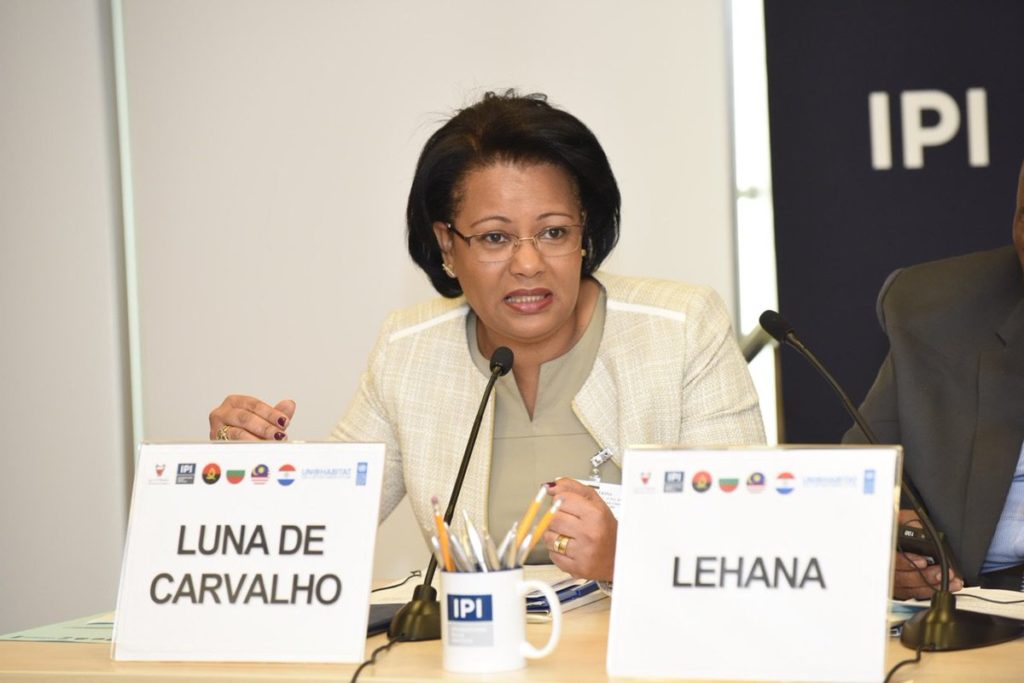
Ana Paula Chantre Luna de Carvalho was appointed governor of Luanda on June 30 by Angolan President João Manuel Gonçalves Lourenço. Prior to her appointment, she was Secretary of State for Territorial Development.
Adanech Abiebie, Mayor of Addis Ababa, Ethiopia
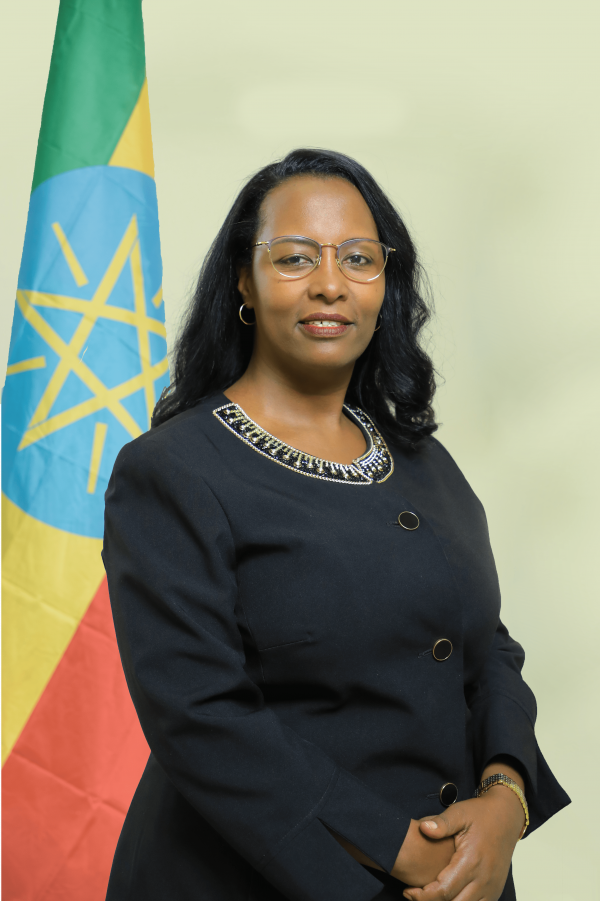
Elected Mayor of Addis Ababa on September 28, 2021, she was Acting Mayor and 32nd Mayor of Addis Ababa since August 18, 2020, a city of over 5.5 million people, she is the first woman to lead the Ethiopian capital, since the creation of the position in 1910. Prior to being Mayor of Addis Ababa, Adanech Abiebie was Attorney General of Ethiopia since March 2020 and before that, Minister of Revenue and Customs Authority of the Ethiopian government since October 2018.
Maty Mint Hamady, 53, Mayor of Nouakchott, Mauritania
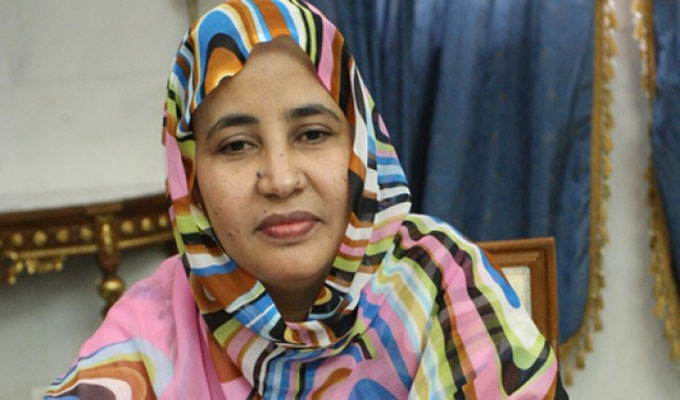
On February 4, 2014, she was elected President of the Urban Community of Nouakchott and became the first locally elected woman in the Arab world holding the position of Mayor of a capital city. She is also the first woman elected mayor of Nouakchott, the capital of Mauritania which has a population of nearly one million. Maty Mint holds a Master’s degree in public economics from the University of Nouakchott and is a graduate of the École nationale d’administration (ENA) in Paris. She has successively been an executive in the financial department, head of the tax census division, head of the external relations department at the Nouakchott City Hall (formerly the CUN), and an auditor at the Court of Accounts. She was a member of the monetary policy council of the Central Bank of Mauritania in 2007. At the same time, she held the position of Director of Competition, Consumer Protection and Fraud Control at the Ministry of Commerce and Industry from 2006 to 2008. In 2009, Maty Mint Hamady was appointed Director General of the national import and export company (SONIMEX) of Mauritania, before becoming, two years later, Minister of Public Service and Modernization of Administration. Maty Mint has also been, among others, vice-president of the Global Fund for Cities Development (GFCD), vice-president of United Cities and Local Governments of Africa (UCLGA), member of the executive board of United Cities and Local Governments of the World (UCLG) and member of the executive boards of several networks, including the Euro-Mediterranean Regional and Local Assembly.
Rohey Malick Lowe, 49, Mayor of Banjul, Gambia
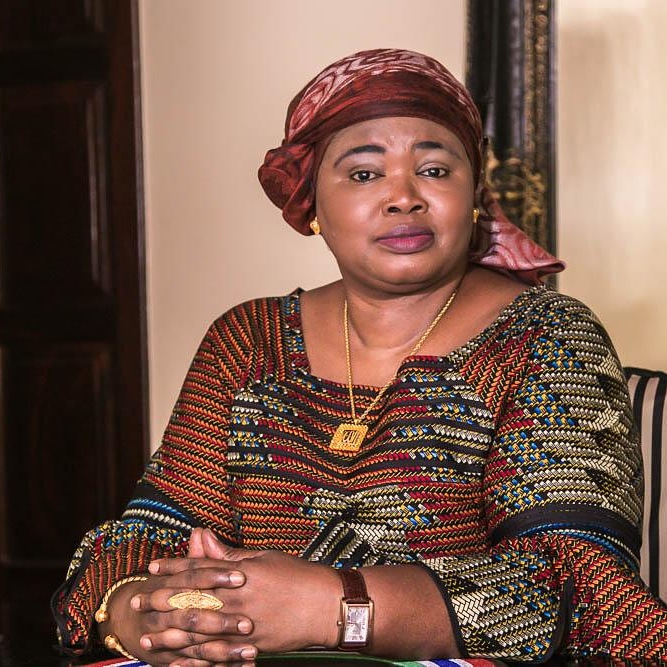
Rohey Malick Lowe has been mayor of Banjul since 2018, following elections in that country. A member of the ruling United Democratic Party, she is the first woman to lead the Gambia’s capital city of nearly 35,000 people, and also the first female mayor of a city in The Gambia. Rohey Malick Lowe, who lived in Sweden where she studied international relations, owns a business selling cleaning equipment for the hotel industry. She is the daughter of former Banjul Mayor Alhagie Malick Lowe.
Juliana Kaduya, Mayor of Lilongwe, Malawi
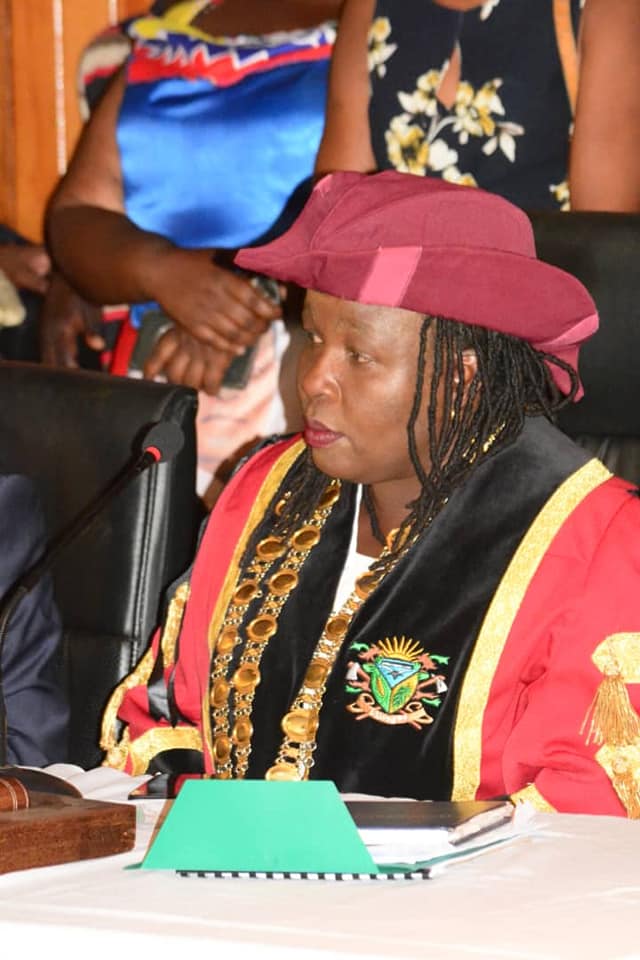
The first woman elected to lead Lilongwe, the capital of Malawi, she has been in office since 2019. Lilongwe has a population of just over 900,000.
Fatouma Awaleh Osman, Mayor of Djibouti, Djibouti
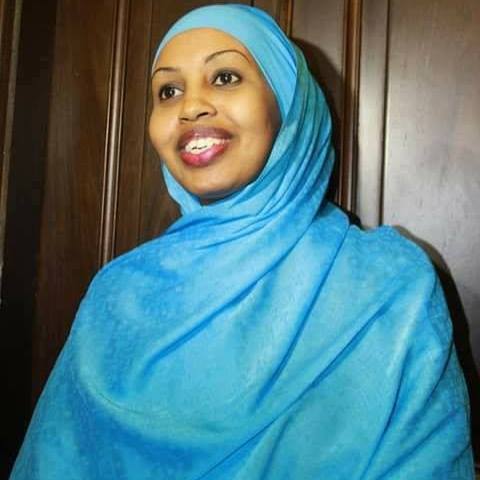
The first female mayor of Djibouti, the capital of the Republic of Djibouti, she has held this position since March 12, 2017, elected unanimously by the Council of this city of just over 600,000 inhabitants.
Fatimetou Abdel Malick, first woman President of a Regional Council of Mauritania
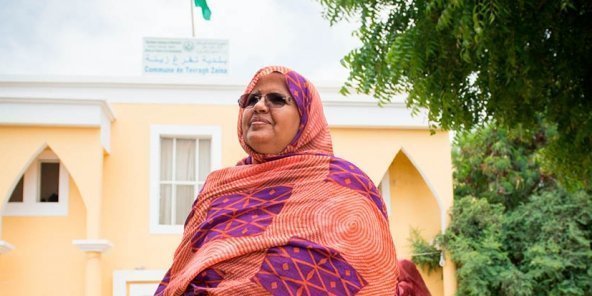
Elected to head the Regional Council of Nouakchott during the regional elections held in the wilaya of Nouakchott, the capital of Mauritania, on September 16, 2018, Fatimetou Abdel Malick is the first woman mayor in Mauritania and the first woman president of a regional council in Mauritania. She is the former mayor of Tevragh Zeïna, the most elite commune in Nouakchott. With a population of 1.1 million, the Nouakchott Regional Council is the largest region in Mauritania and represents one-third of the country’s total population. The Nouakchott Region was created in January 2018 with the adoption of an organic law dedicated to regional councils, which grants the regions competencies in economic, social, cultural and scientific development within their territory. They are administered by a regional council elected by direct universal suffrage for a five-year term, and by an executive composed of a regional president also elected by direct suffrage. The first regional elections were held in September 2018.
María Coloma Edjang Bengono, Mayor of Malabo, Equatorial Guinea
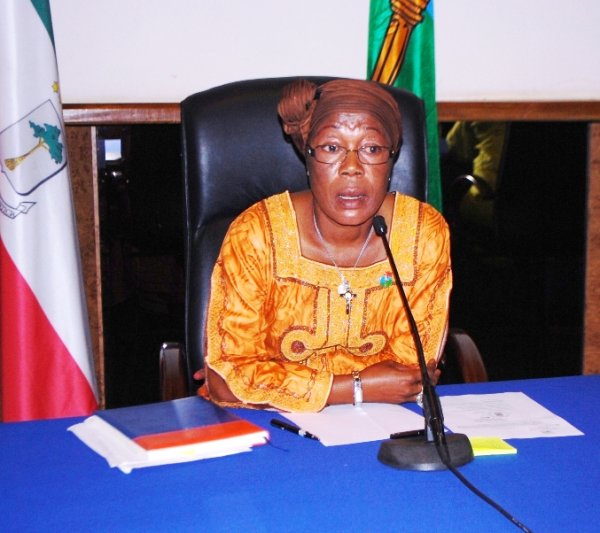
Maria Coloma Edjang Bengono was re-elected, in 2017, as mayor of Malabo, a city of just over 300,000 inhabitants. “My challenge as mayor was to clean this city, because it was very necessary; to educate the inhabitants to control the garbage and to make the city clean, because where there is hygiene there is life. That’s why I feel very proud, because this city is getting cleaner and cleaner,” she said in an interview.
Elizabeth Sackey, 63, first female Mayor of Accra, Ghana
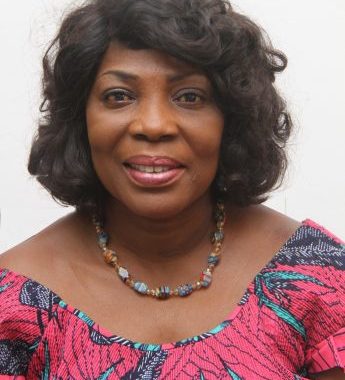
Former Deputy Greater Accra Minister, Elizabeth Sackey has become the first female Mayor of the Greater Accra Metropolitan Assembly (AMA) after receiving overwhelming 100% endorsement from assembly members on october 7, 2021. All 30 assembly members voted YES to confirm her nomination by ghanaian president, Nana Akufo-Addo.
Safiya Hassan Sheikh Ali Jimale, Somalia’s first female mayor
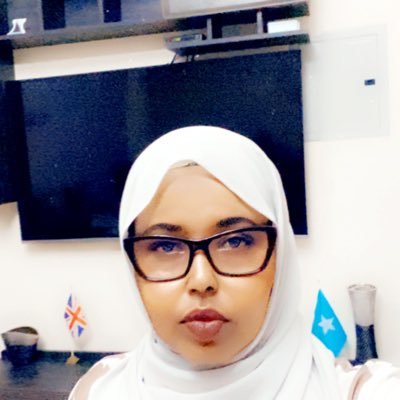
Safiya Hassan Sheikh Ali Jimale is Somalia’s first female mayor. Since 2019, she has led the city of Beledweyne, the capital of Hiiran province, located in the Shebelle Valley near the border with Ethiopia and about 337 km north of Mogadishu. Safiya Hassan Sheikh Ali Jimale is also the second most prominent mayor in the history of the city, which has a population of more than 1.7 million. She was elected after Beledweyne held municipal elections in 2012, the first since the start of the Somali civil war in the early 1990s.
Nadia Ahmed Abdou, Egypt’s first female governor
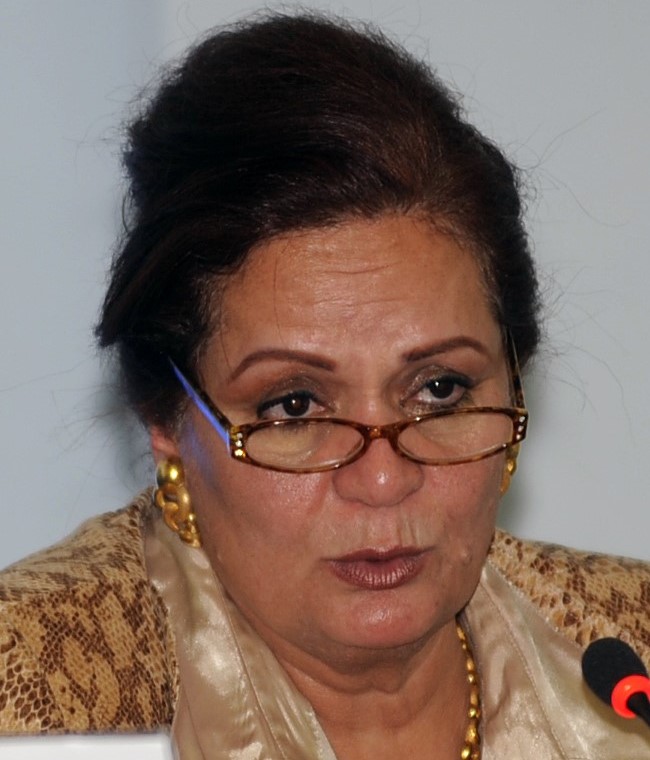
Appointed by Egyptian President Abdel Fattah al-Sissi on Thursday, February 16, 2017, governor of Beheira, located in the north of the country near the Nile Delta, Nadia Ahmed Abdou is the first woman to hold a governorship in Egypt. Prior to her appointment, she was, since August 2013, Deputy Governor of Beheira. Nadia Ahmed Abdou graduated from the Faculty of Engineering and Chemistry at Alexandria University in 1965. She also holds a Master’s degree in Health Engineering from the same institution.
Baheira, whose capital is Damanhur, has a population of about 6.5 million, the majority of whom live in rural areas, with an urbanization rate of only 19.5%.
The governorate has 13 other cities and is home to important industries such as cotton, chemicals, carpets, electricity and fishing. Egypt has a total of twenty-seven governorates. The governorates are the highest level of the country’s jurisdictional hierarchy. A governorate is administered by a governor, who is appointed by the President of Egypt.
Berkane Siham, 33, first woman mayor in Kabylia, Algeria
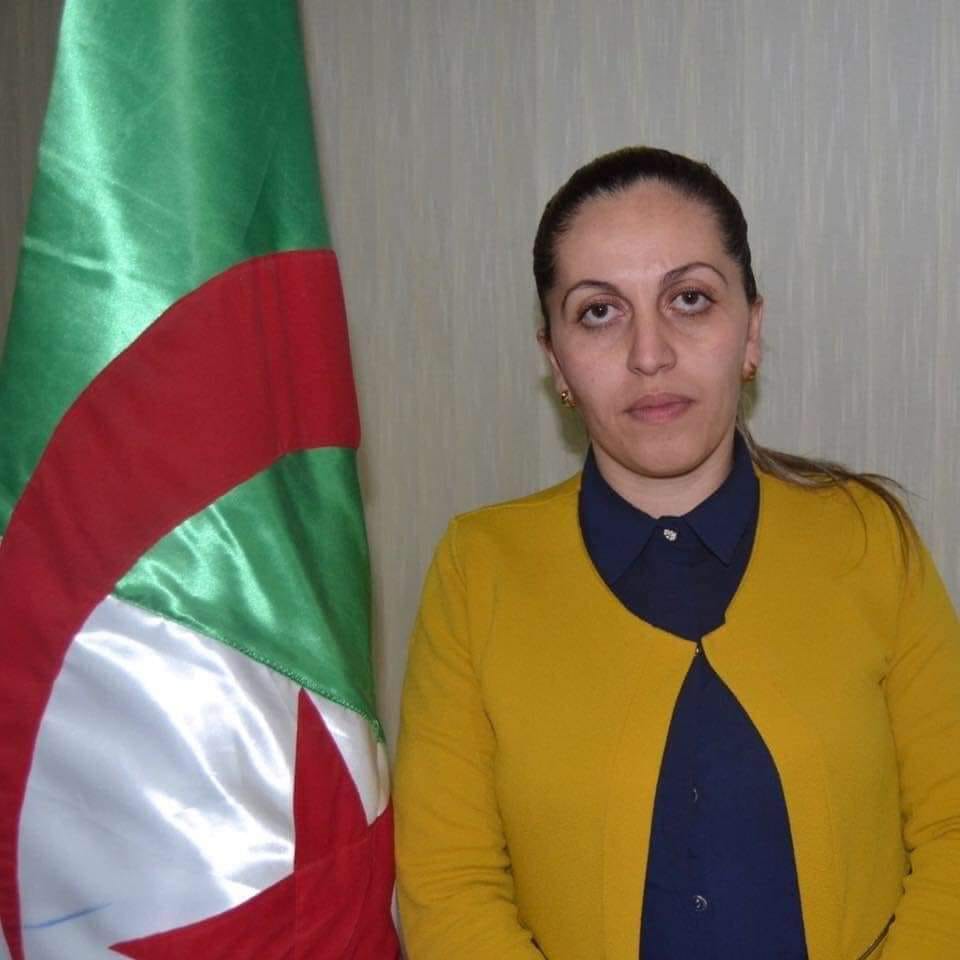
Since January 2020, she has been mayor of Tazmalt, an Algerian town and the eponymous capital of the daira of Tazmalt in the wilaya of Béjaïa, in the heart of Kabylia. She is the first woman mayor in Kabylia and the second in the whole country. Berkane Siham wants to supply all the elementary school in her town with solar energy.
Jeanne Matsougou Mbagou, the only woman to head a large municipality in Gabon
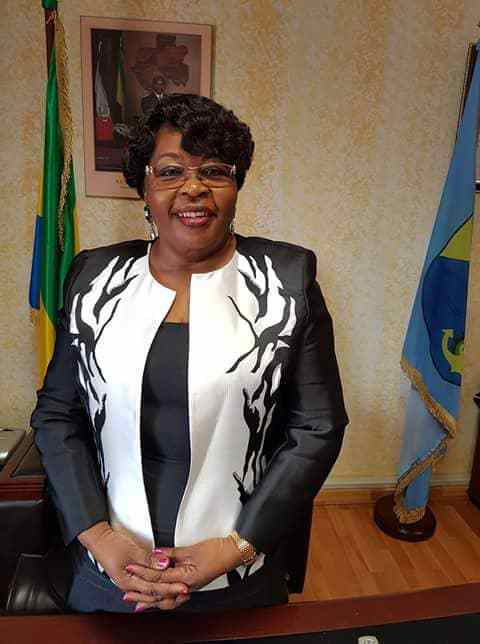
Since February 3, 2019, Jeanne Matsougou has been reappointed for a third term as mayor of the port city of Owendo, Gabon.
Nadine Umutoni Gatsinzi, Vice Mayor of Kigali, in charge of socio-economic affairs, Rwanda
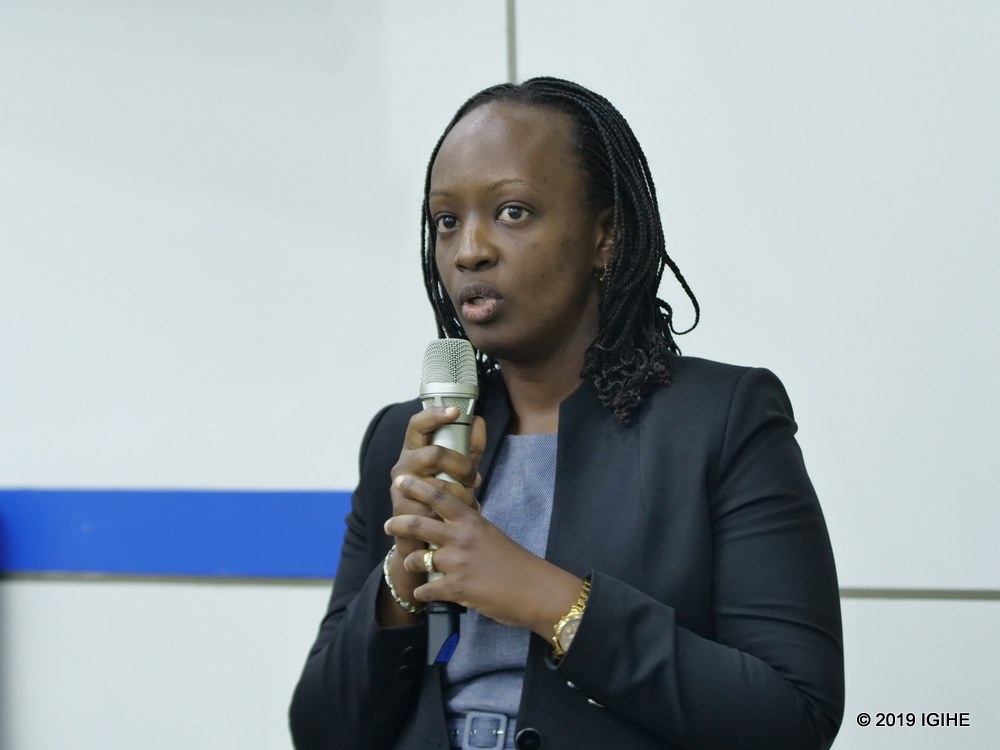
In office since August 2019, she is also a member of the executive committee of the city of Kigali, along with Mayor Pudence Rubingisa.
Anne Mumbi Waiguru, First woman elected vice chair of the Board of Governors of Kenya
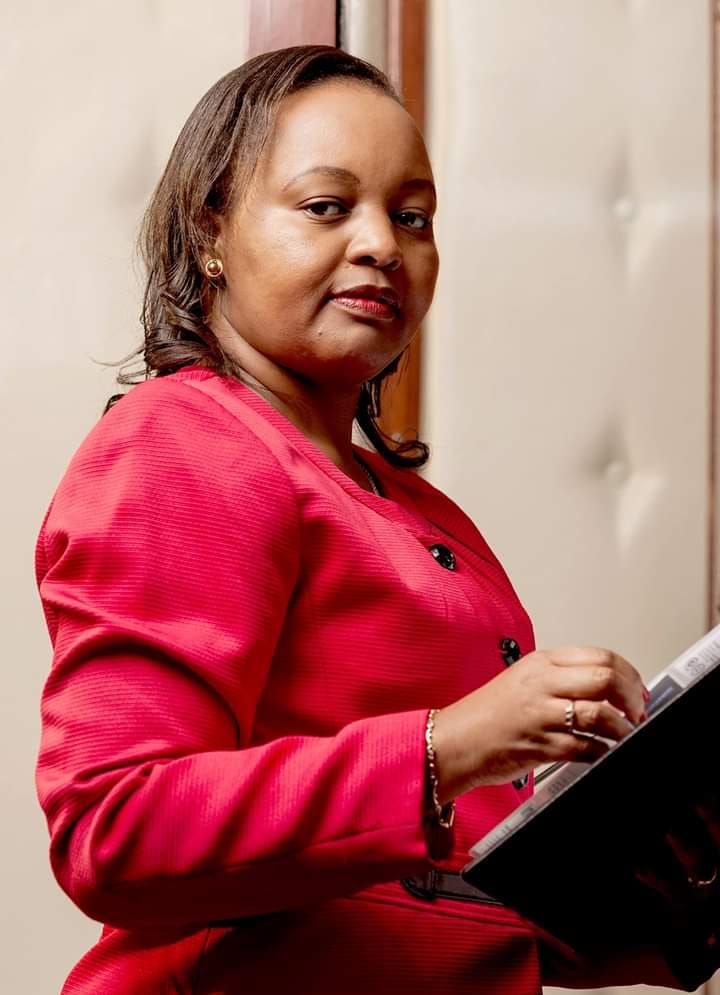
In 2017, Anne Waiguru was elected governor of Kirinyaga County, Kenya becoming one of only three female governors in Kenya. Four months later, she became the first woman in Kenya to be elected Deputy Chairperson of the Board of Governors.
Anne Waiguru has worked in civil society, most notably at Transparency International – Kenya where she served as a senior research analyst. She also served as a consultant to the National Council of NGOs and worked for the Kenya Human Rights Commission (KHRC). She then worked as Assistant Vice President of Public Sector at Citi Bank in Kenya. She was a technical advisor on public sector reforms in the government of Kenyan President Mwai Kibaki, seconded by the World Bank and later by the United Nations Development Programme (UNDP). She then joined the National Treasury as head of governance, and later became head of the economic recovery program and director of Kenya’s Integrated Financial Management and Information System (IFMIS) between 2007 and 2012.
In 2013, Anne Waiguru joined the government of President Uhuru Kenyatta as the first secretary to the government, where she won a total of 15 awards, including the 2015 United Nations Public Service Award for her introduction of Huduma Centers, which help Kenyans access government services faster.
Anne Waiguru holds a Master’s degree in Economic Policy from the University of Nairobi.
